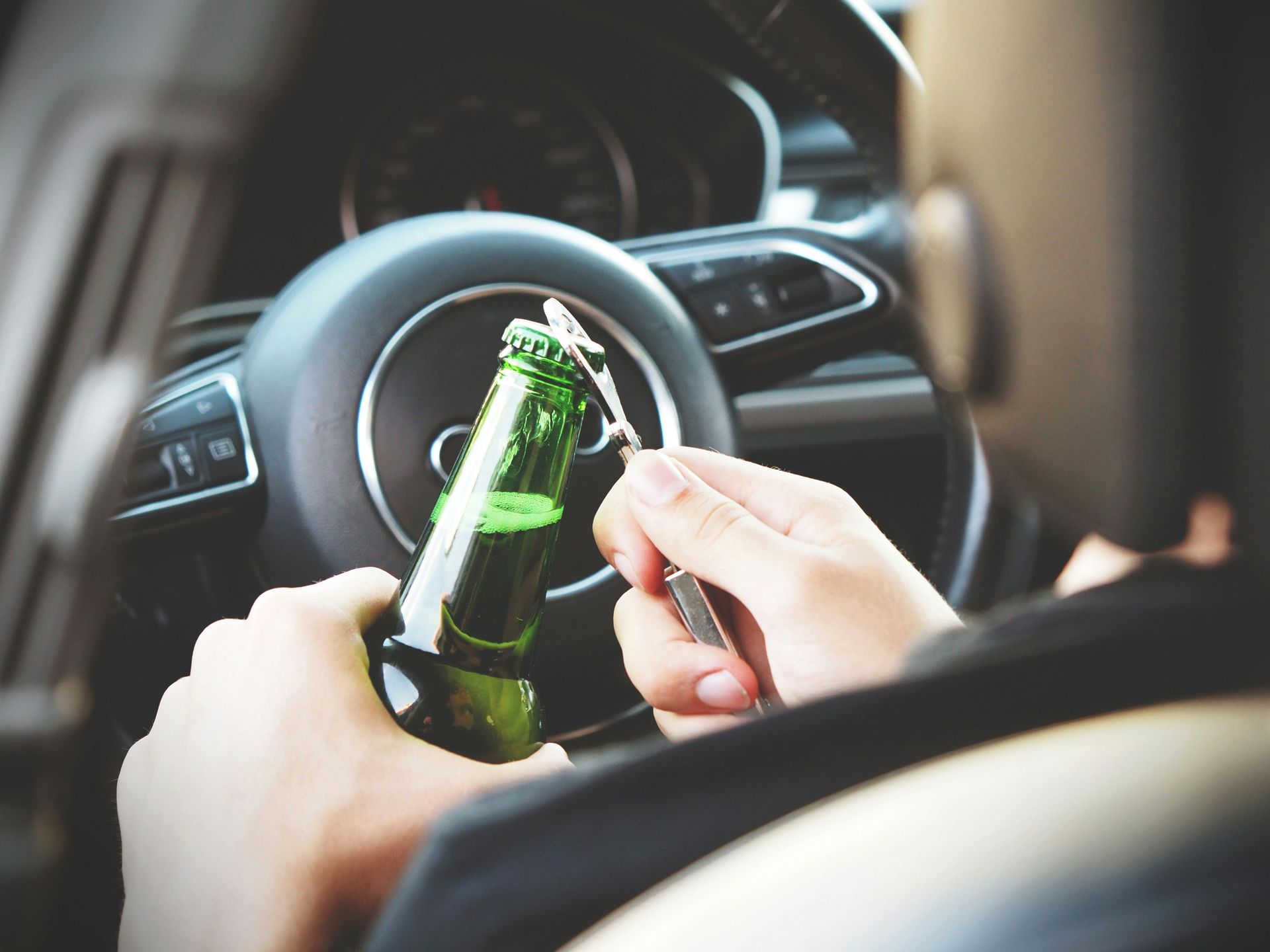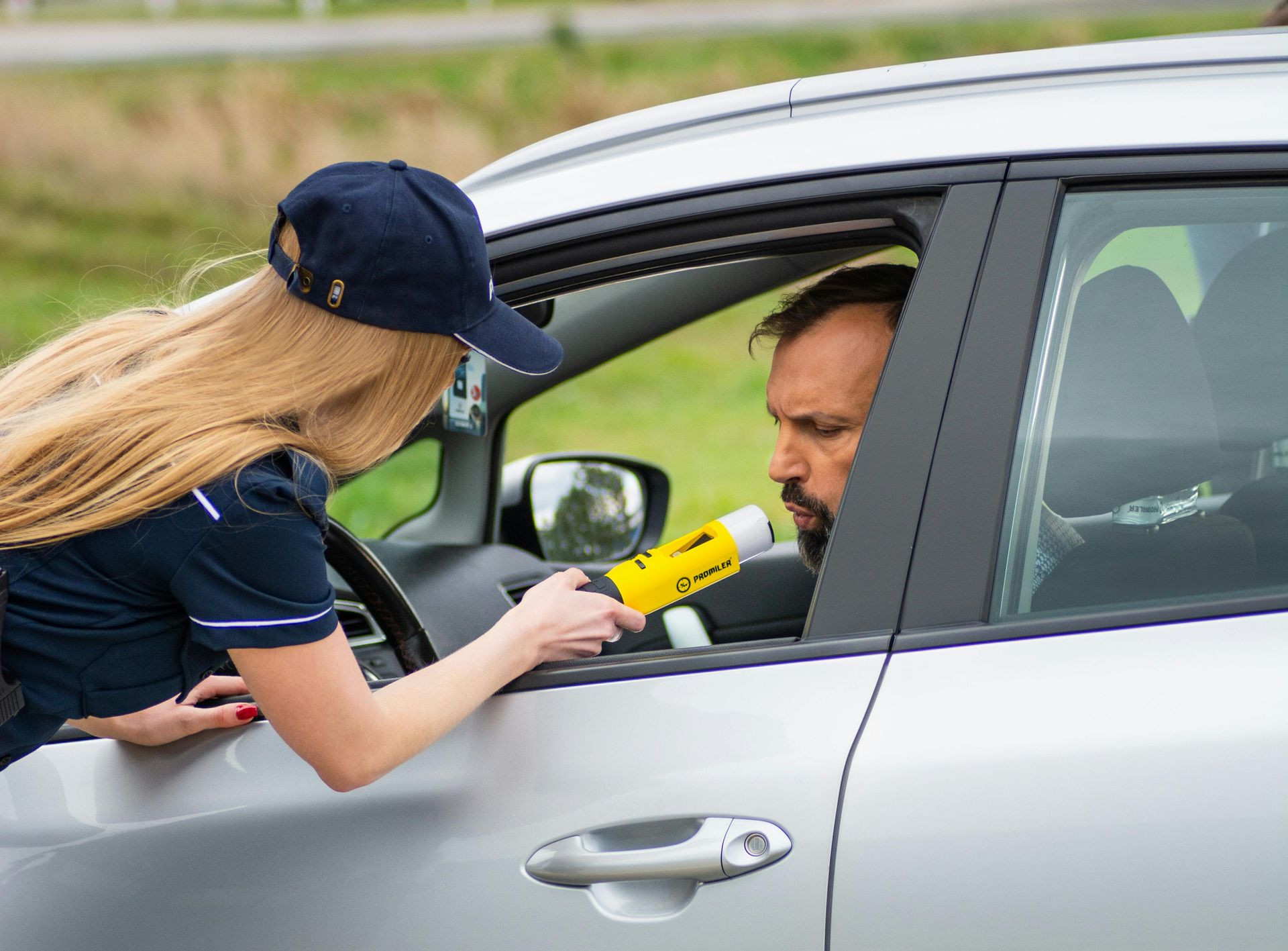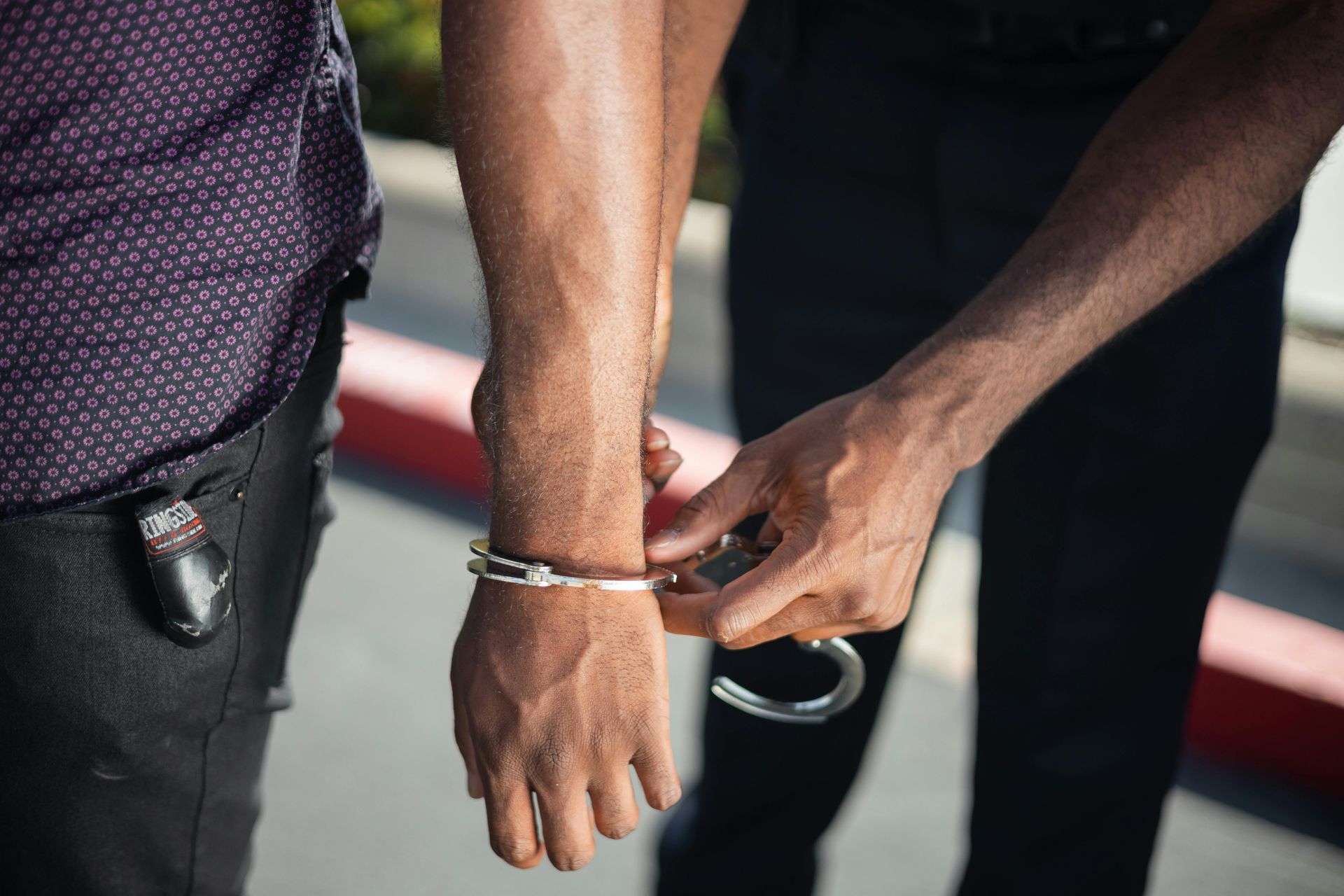SHOULD I AGREE TO PERFORM A FIELD SOBRIETY TEST?
Jonathan Carroll and Ryan C. Davis
Should I agree to take a Field Sobriety Test? Are they reliable? What happens if I refuse? One of the most humiliating experiences a citizen can go through is standing alongside a highway in front of blue lights, while an officer subjects you to field sobriety tests. If you ever find yourself in this situation, there are some facts you should know before subjecting yourself to these tests. First of all, there are no laws that require you to submit to any field sobriety tests. Accordingly, you should politely refuse to participate in them, and there will be no legal consequences for you doing so. Police officers know this; however, they are under no obligation to inform you of this right. Keep in mind, if an officer is asking you to perform field sobriety tests, they likely already believe you are impaired. This biased opinion of the officer will also affect how they rate your performance.
Field sobriety tests were developed in the 1970’s to help officers find probable cause of an intoxicated driver. The three most common tests are the walk and turn, one leg stand, and horizontal gaze nystagmus test, where an officer asks a driver to follow an object with his or her eyes. These three tests have been standardized by the National Highway Transportation Safety Administration. There are also non-standardized tests which an officer may perform, including the finger to nose test, the finger count test, and the backward count test. In spite of the training and standardization that NHTSA provides to law enforcement, scientific studies have shown that even when administered perfectly, field sobriety tests are less than 77% accurate. Why would you willingly subject yourself to a test that has such a low rate of accuracy? Field sobriety tests are not scientific in nature and the officer’s conclusions are based solely on how he or she feels you are performing. Additionally, many officers are not properly trained in explaining and administering these tests. Further, if you are elderly, significantly overweight, or suffer from back or leg injuries, officers are not supposed to ask you to perform field sobriety tests, as these conditions will lead to false conclusions. Lastly, you should know that these tests may not have any effect on whether or not the officer decides you are intoxicated. Even if you perform well on each test, the officer may still decide that he has a reason to believe you are driving under the influence and place you under arrest.
Please note that while you can refuse field sobriety tests without consequences, that is not the case regarding breath or blood tests. For more information on refusing chemical tests, check out our post on Breath and Blood Tests.
If you are asked to perform a Field Sobriety Test:
- Politely decline and stop talking
- Provide your license and insurance info promptly
- Do not admit to consuming any alcohol
- Do not answer any questions
- Do not argue or make excuses
- Ask if you are free to leave










